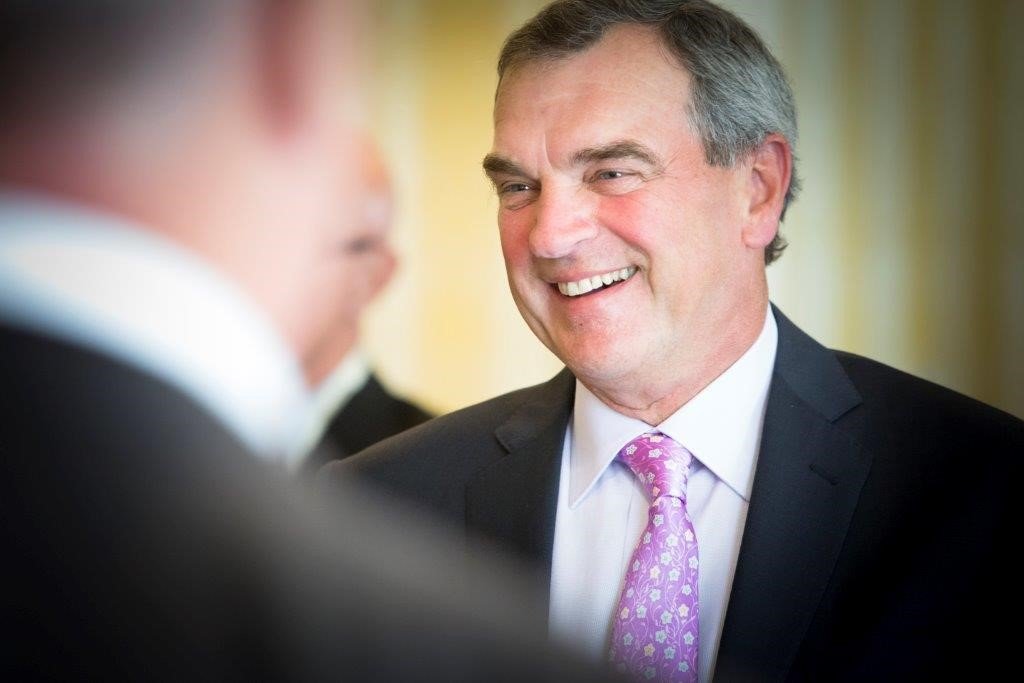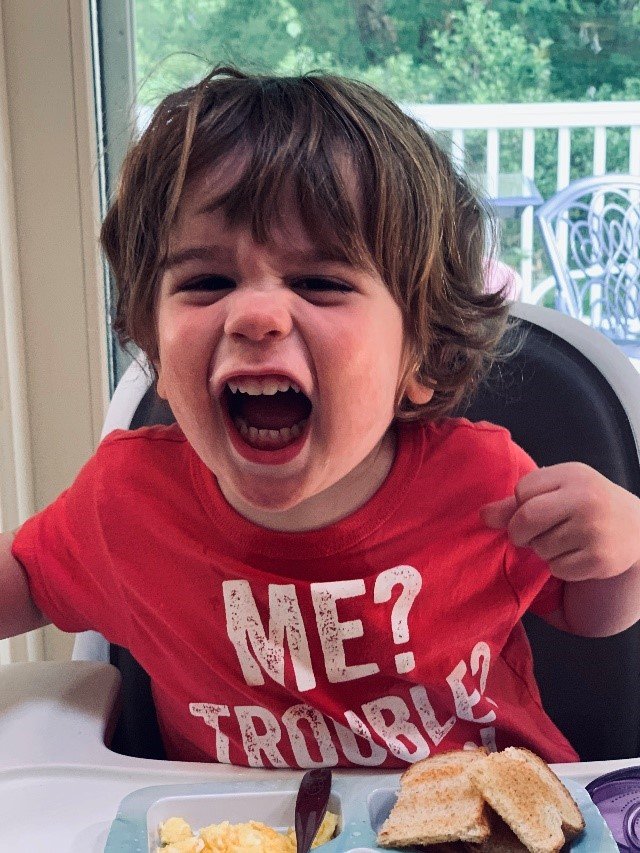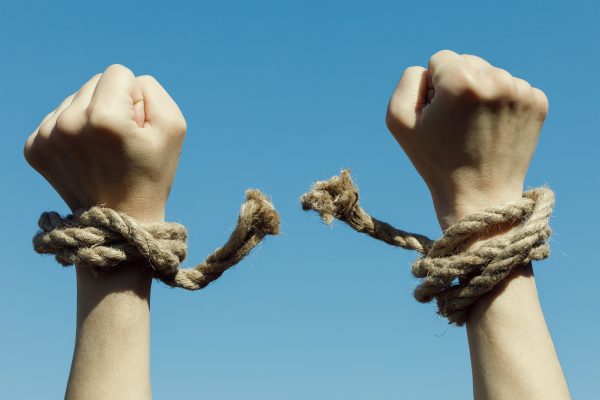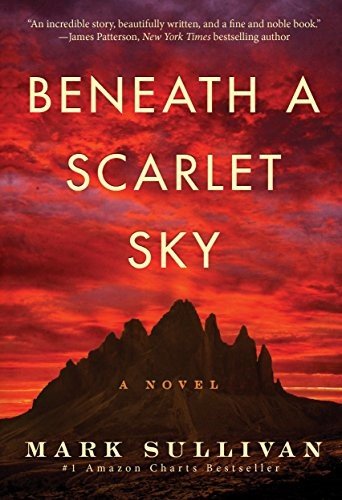2 minute read
Matinicus Isle Harbor, ME
“So of course, we agree, we are all ‘terminal’, right”? Having my back to the group, writing on the white board in the front of the amphitheater classroom, hearing no response, I turned around to face them. “I mean, no one has yet overcome the Second Law of Thermodynamics, riiight?”
When I asked that (initially rhetorical) question to a group of high-performing Entrepreneur Owner-Managers in a conversation about ownership succession, I really wasn’t aiming to be controversial—I was just setting the stage for thinking about the future. So, I confess, I was startled when they didn’t respond. Didn’t agree. Do we business owners think we will live forever?
Some of my friends complain there aren’t many Fundamental Truths today. Well, here’s a Fundamental Truth for you: every business owner will stop owning and working in their enterprise someday. It’s bittersweet but… summer comes to an end. The New Year’s party is over. Homeland just had its last season. The Beatles broke up. Kids grow up and (eventually… and hopefully) live on their own without you. And your “life” at your current enterprise comes to an end.
Thinking through the options, or, even better, talking through them with other EOMs, helps (as with many things in life) when you do it before you need to. What might be the trigger for an owner moving to the next chapter? Interest in other domains? New learning and growing? Taken it as far as you can? (Whoa now we’re out of the comfort zone) Bored? Desire to make a difference with the fortune you earn from a capital gain? Age?
If you are a high-performing Entrepreneur Owner-Manager, you’re passionate about using your unique ability to bring value to others. Unlike someone in the bureaucratic corporate world, you’re not working in a job so that you can afford the life you want some day in the future—you are living it now. So, the prospect of working well into and beyond our 70s isn’t daunting; the sense of meaning and purpose we get enhances our overall health and longevity. If the big contributors to declining health span are being sedentary, having unchallenged brains, loneliness, and isolation, then working longer, even when our role evolves and on-site time is less, enables us to continue to contribute value; it challenges our activity, brains, and relationships.
What we long for is not continuing to be in our current businesses but… freedom from retirement. My friend Dan Sullivan says retirement is, “to be taken out of service after you are no longer of use. The decision to retire is one that informs your entire future. People who plan on retiring, stop measuring and stop improving. They’ll only do things that will safely contribute to their ability to retire, as anything new would simply represent a delay toward that.”
Never retiring means you will constantly reinvent yourself. Yes, summer comes to an end. And so, we can build and capture the Enterprise Value in our current business, and responsibly put it in the hands of the next majority investor who will take it to the next stage of its life and significance. And, in order to bring that about, we ask the questions, what’s the next chapter for us? Where will we apply our unique ability to bring value?
Since all of us Entrepreneur Owner-Manager’s ownership and leadership of our enterprise will ultimately end, the question eventually becomes: how can I increase the chances that my enterprise will successfully sustain beyond me, or beyond my (or my family’s) personal ownership of it?
Look, we all have free will. We can choose to participate in that decision or not. But someday, it is going to be addressed—either by us or by someone else after we are no longer here.
Of Note: In the most recent year that statistics are available (2019), the average retirement age in the United States among currently living retirees is…get this… 59.88 years old. That’s the average. The median living retiree left work at 62 years old, and the most common age to retire was 62 years old. (https://dqydj.com/average-retirement-age-in-the-united-states/#:~:text=The%20average%20retirement%20age%20in,ages%20of%2057%20and%2066.) Does this strike you as curious? It struck me as completely cuckoo. I don’t have the data for Entrepreneur Owner-Managers, but I would guess for them it’s in their 80s or not calculable.

What I am Reading / Listening to
Beneath A Scarlet Sky (2017)
By Mark T. Sullivan
Contributed by Denise C. Burke
This is one of the most captivating books I have read in quite a while. It is full of so much emotion: love, loss, courage, hatred, suffering, and hope. The story describes Pino Lella’s life during the last two years of WWII while Italy was under German occupation. As summarized in his preface, the author met Pino when he was 75, nearly 60 years after the war. He spent weeks interviewing Pino, traveled with him to places described in the book, interviewed survivors, and did extensive research in various countries’ war archives.
At age 17, shortly after his family home is hit by Allied bombs, Pino’s parents sent him to Casa Alpina, a boy’s school, run by a Catholic priest, nestled in the mountains of the Italian Alps. Pino spent his time at Casa Alpina tirelessly guiding numerous Jewish refugees (who showed up at its doorstep), in the dark of night, to the safety of Switzerland over treacherous mountains. At 18, his parents summoned him home and forced him to join the German army, which they believed was the only way he would survive the war. He quickly became the driver for Major General Hans Leyers (a high-up official who reported directly to Hitler) and began spying on the Germans on behalf of the Resistance. This was an amazing story of a young man’s courage to do what he could to make a difference. He witnessed unspeakable horror and human suffering, including the death of his beloved Anna by a firing squad. He took incredible risks to help humanity but would never forgive himself for not trying to stop Anna’s death.
Although parts of this book were very difficult to read, I would highly recommend it. As you read Pino’s story it is hard to fathom how this young teenage boy survived what he did.
Entrepreneur Owner-Manager Quote
“I’m a successful businessman and I consider myself to be on top of my game. I now shudder to say it, but can you believe I actually considered having no M&A Advisor at all?”
-Barry Hibble, Founder & Former CEO, Micronics, Inc.

Energy Creation
Contributed by Ryan P. Tracey
This COVID-19 time of quarantine and remote work has been a period of restructuring norms for me. You come to really appreciate your ability to have date nights eating out with the wife, or even just seeing your other family members. For me, it has been a bit of an evolution of how I spend my time. At first, I really tried to balance work life with family life in order to help with the kids. While having the ability to spend considerably more time with my children was a blessing, wow does it make you appreciate work time (just kidding?). I have realized that work time was really, in a sense, “me” time. Trying to focus on anything work-related at the kitchen table with one kid crying and the other pulling at your leg became an impossible task. But I pushed on. Watch this movie, go play with these toys, I would try to encourage as I’d sit with my computer. By days end, when trying to have one foot in each world, I was extremely drained. Happy hour became more of a floating target based on the kid’s behavior that day. I was getting what I needed to get done but I felt more like I was just treading water in every category of my life.
Something had to change. I was not willing to give up weeks, or, now it’s been months, in this state of purgatory. I decided to move my home workspace out of the jungle that had become our downstairs: floors flooded with Legos and Barbies and cries and screams you would only expect to hear in the Amazon. I turned the secluded upstairs nursery into my new workspace moving the baby into the spare bedroom (not without some good persuasion of my wife). That was the start of my realization that my productivity, and overall happiness, was directly correlated to my ability to have dedicated focus time. Focus time not only on work projects, but time with the kids as well, separately. Then I started to tier my work based on the mental energy it required. Any reading or work requiring creative thinking or writing had to be done first thing in the morning when I was the freshest. Sometimes that actually meant not prioritizing the most time sensitive work. I found balance and progress in this routine. No longer was I caught in what Robert Greene coined, “tactical hell” – this state of being perpetually reactive and caught up in your menial to-do list of the day. Instead, I was able to base my days around a bigger picture and my overall goals. I was able to up my reading and found that this alone helped add to my quality of work elsewhere. When I ended a period of dedicated focus time, I could use exercise to break up my day and then start a new session fresh as if I just awoke again. By being re-energized at each point, I was able to accomplish much more and save more mundane work for later in the day. This also allowed me to spend more time on improving myself. Whitepapers, books, podcasts – any content that would expand my thought process and make me better at what I do. Athletes practice. The best ones practice a lot. Is my profession any different? And when I felt as if I “won the day,” it turns out I’m a much more patient and pleasant father. Play time with the kids was no longer competing with my to-do list of the day, each weighing on the other with persistent feelings of guilt. In strategically re-prioritizing my day, I became my better self, in each category. Hopefully, I can push these new habits and restructured norms into our post-COVID world.

© 2024 Bigelow LLC. All rights reserved.


